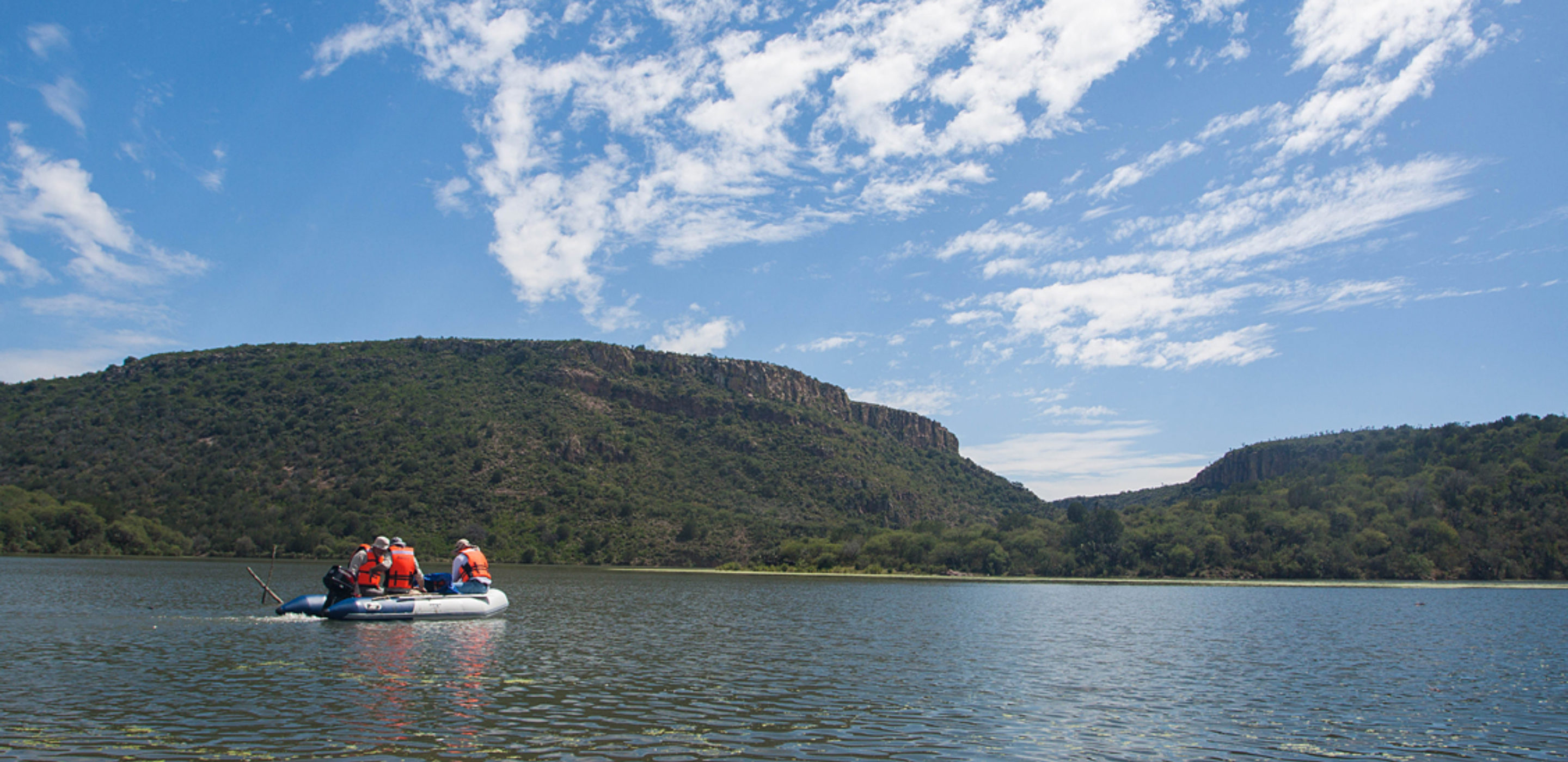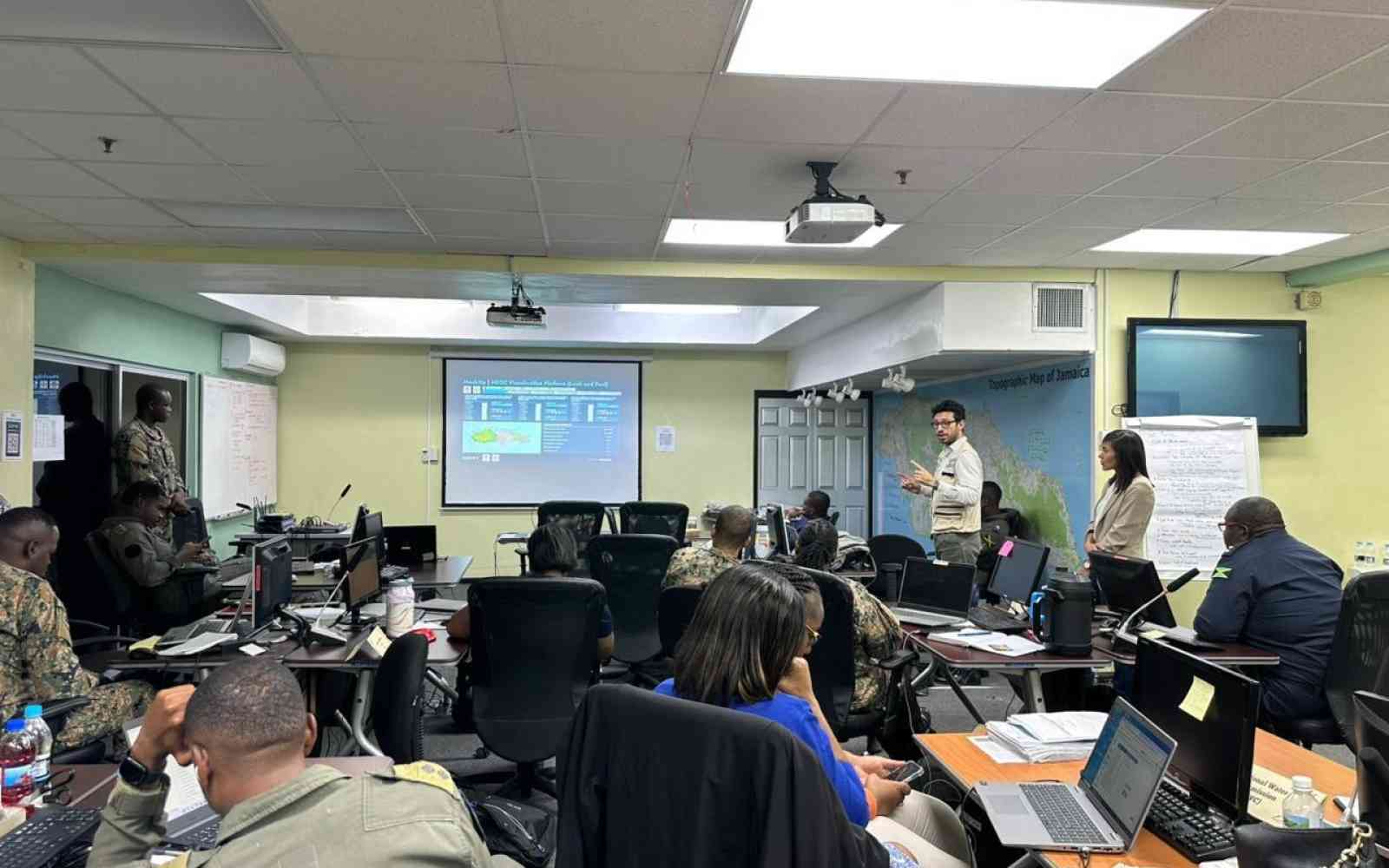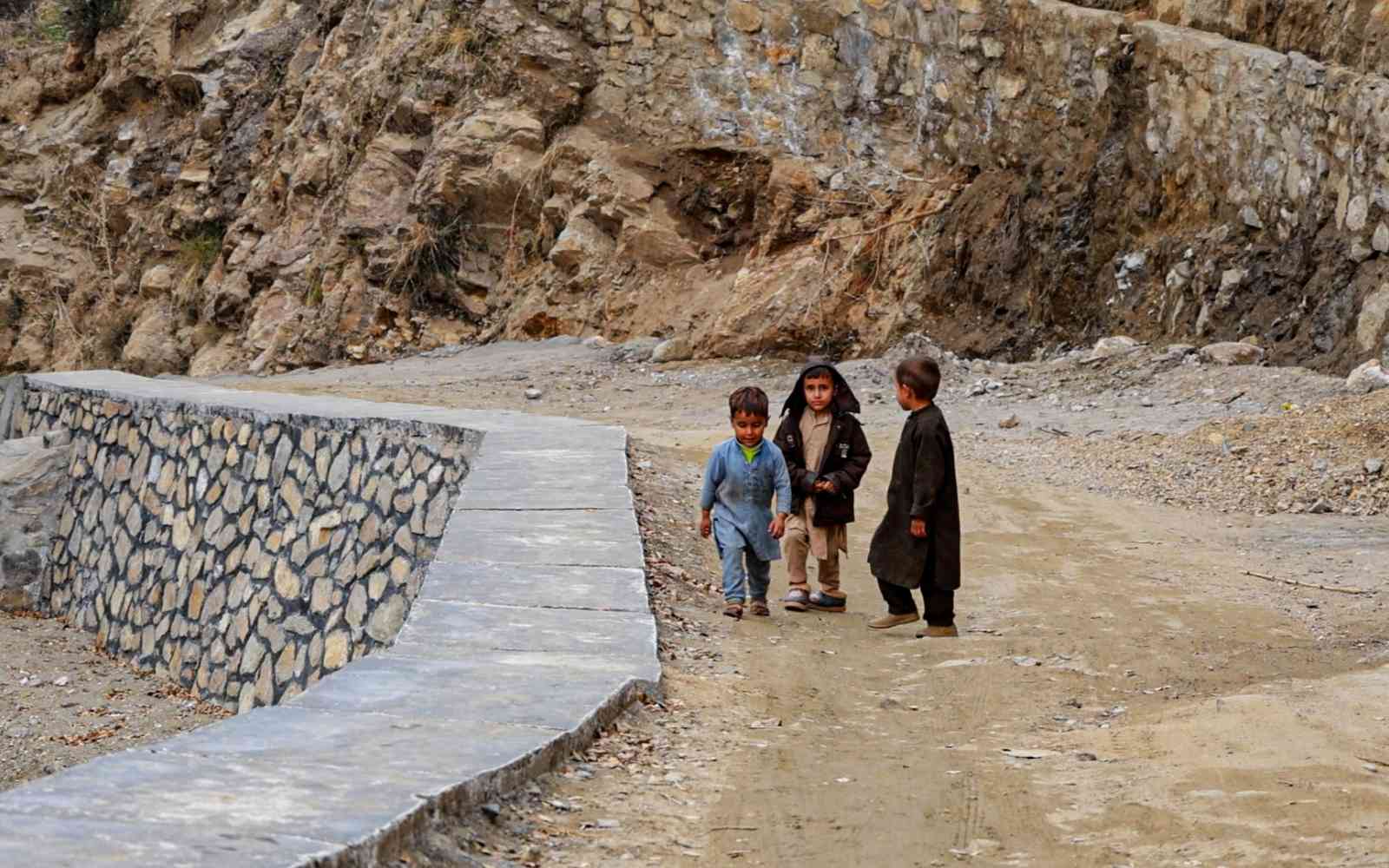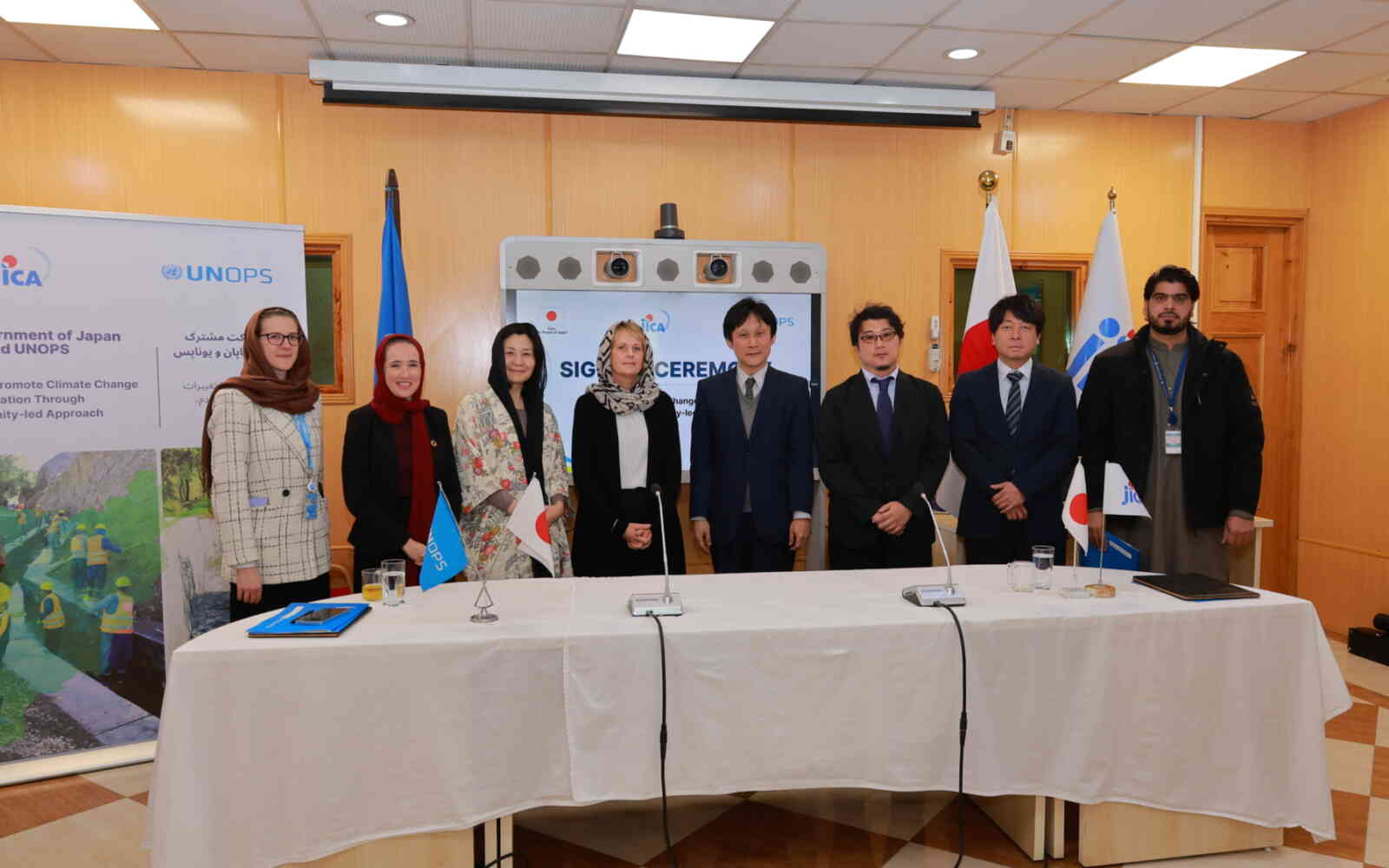The United Nations Office for Project Services (UNOPS)

Supporting sustainable development in Mexico
In 2014, UNOPS partnered with the Government of the state of Jalisco, Mexico, and UN Environment, to develop and implement a series of joint programmes and projects to foster sustainable urban development and a more efficient, transparent use of public resources in Jalisco.
The project ‘Technical assistance for the sustainability of the planning process of infrastructure works in the Rio Verde basin in the state of Jalisco, Mexico’ (known as ‘Sustainable Jalisco Rio Verde Basin’ project) aimed to develop sound water studies that would help with decision and public policy making for water infrastructure works in the Rio Verde basin.
Over an 18-month period, UNOPS and UN Environment developed different technical and social work activities.
A multidisciplinary technical team of national and international professionals and administrative personnel implemented studies and activities. This guaranteed technical suitability, transparency and neutrality, incorporated inclusive approaches for making recommendations aimed at the efficient implementation of projects, and contributed to capacity building.
Engineering studies were developed using high international standards. This included using information provided by the United States’ National Aeronautics and Space Administration’s Gravity Recovery and Climate Experiment mission, consultations with world-renowned universities and using the Water Evaluation And Planning System model. Furthermore, key actors in the Rio Verde Basin showed interest in dialogue.


Project details
UNOPS and UN Environment submitted a final report to the Government of Jalisco in which they explained different situations and recommendations with sound technical criteria. This allowed authorities to make decisions about sustainability and infrastructure works with a focus on the holistic management of water resources, sustainability, social inclusion and gender considerations.
See the final report here.











